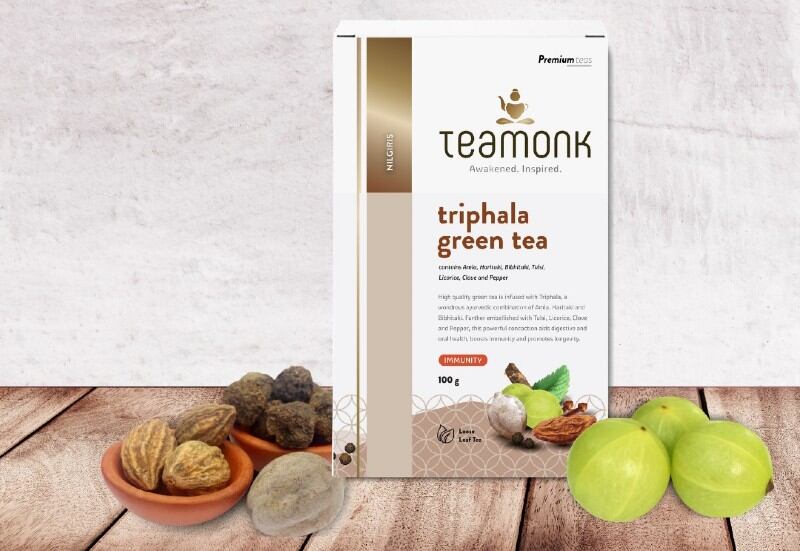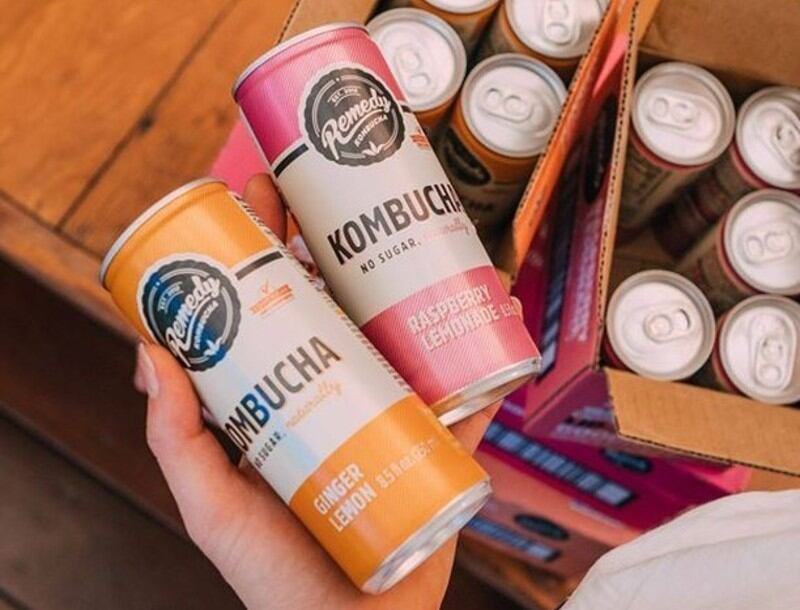According to Teamonk CEO Nalin Sood, he made the conscious decision to ‘be different from other tea companies’ in India and focus the firm’s marketing and sales strategy fully on e-commerce back in 2019, long before the COVID-19 pandemic hit, but this decision has helped the company to thrive.
“My thought at the time when deciding to scrap all physical brick-and-mortar retail and go fully e-commerce was very much from an operational viewpoint – normal retail would require a lot of feet on the street and is much more complex in terms of maintaining inventory, and most importantly it would limit the number of tea varieties we could offer to consumers,” Sood told FoodNavigator-Asia.
“Teamonk offers over 70 varieties of tea so we really could not be limited by these operational hurdles – if stocking at stores it would be impossible to handle the inventory for all our offerings. Since switching to e-commerce, we’ve been able to operate with a minimal number of people and can maintain a huge range of teas without stocking up madly, allowing us to move quicker to get teas to consumers.
“It has also allowed us to grow faster in new markets – We’ve now moved beyond India to sell as far as the USA, Canada, UK, France, Spain, Italy and Australia and are soon going to enter the UAE, Japan and South East Asia.”
Teamonk is also unique in its procurement and processing approach in that it does not obtain any of its teas – the firm sells green tea, black tea, white tea and oolong tea – from India’s famous tea auctions, but buys directly from selected plantations only.
“This approach means we always have a constant supply of the teas we need, and can maintain the quality and prices as well,” said Sood.
“We only offer whole leaf teas in pyramid teabags, which allows the tea leaves space to open fully, so no paper bags, and any flavours we add are completely natural and will have additional health benefits for consumers.”
Teamonk’s major focus now is on its Green Tea Plus range, which is essentially whole leaf green teas ‘plus’ additional herbs/botanicals with health benefits as mentioned above – examples include the herbs ashwaganda, basil and ginger, hibiscus, turmeric, cardamom and many more.
“We’ve also launched a green tea range based on Ayurvedic-inspired combinations of ingredients – Kadha Green Tea, Ashwaganda root and Triphala,” he said.
“For example Kadha is a combo of black pepper, ginger, basil and cinnamon which Ayurveda says will help immunity when combined in a certain proportion, whereas Triphala is a combination of three plants (Gooseberry, Haritaki and Bibhitaki) which also boost immunity and aid digestion, plus we’ve also added other herbs like liquorice and basil to make this flavourful.
“Basically the aim of this Ayurvedic Green Tea range is to give consumers a tea that provides both the benefits of green tea like high antioxidant levels in addition to Ayurveda.”
Not competing with tea
That said, Sood emphasised that the Teamonk does not view other teas as its main competition as it is targeting a different set of beverage consumption occasions.
“Particularly in India, consumers like to have a cup of tea with milk and sugar at the start of the day or in the evening to energise themselves due to the caffeine content – that’s not the beverage we’re trying to be,” he said.
“We are a specialty tea with zero calories and added health benefits – plus no need to add milk and sugar which is not great for health – and no added flavours essences or oils, so we want consumers to be drinking it throughout their day, like a fruit juice or something.”
Looking forward
When asked whether Teamonk would ever re-enter the retail space, Sood said that this would likely happen eventually, but ‘not for another few years’.
“E-commerce is really the big enabler now, and especially post-COVID, a lot of growth will remain in this area,” he said.
“So we’ll continue in this vein for at least another two to three years, then look to specialty retail when we’ve saturated the market, and even then it’s likely we’ll focus more on high-end F&B or specialty retailers.
“We’re also planning to launch tea lounges in key cities one year down the line though – places like Singapore, London, Dubai, New York – key hubs for travel where travellers would engage and buy these teas, [depending of course on the COVID-19 situation].
“The other thing would be franchise opportunities in the US and Canada – there are about 30 to 40 million consumers in the US alone shopping for tea on Amazon, so imaging the volumes and opportunity there.”




